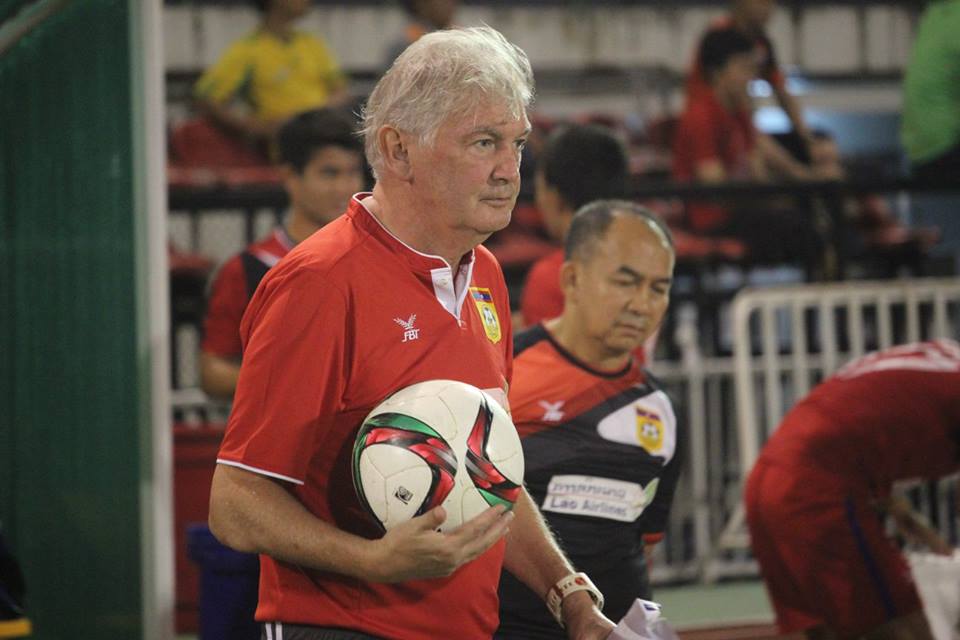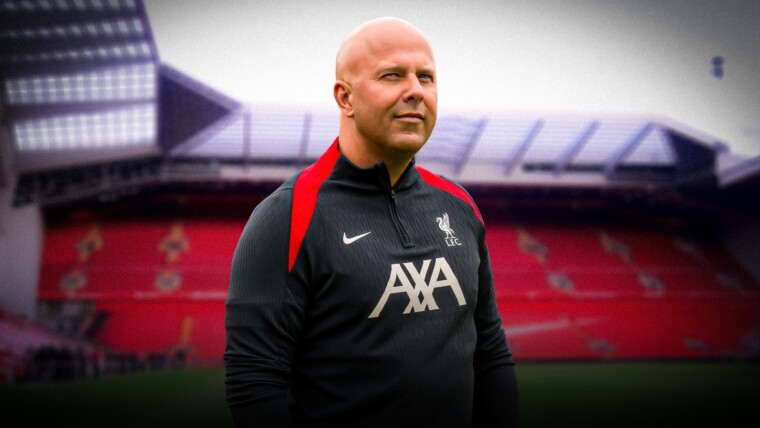Written by Steve Darby
I’ve said ‘I wish I was 30 years younger’ a few times, throughout my life.
But having coached professionally for over 35 years, it’s something I rarely relate to football, especially with changes within the game, such as player attitude (more players playing for themselves instead the team), growth of administrative megalomania and the rapid rise of social media keyboard warriors, who contribute nothing positive to the game. However, after having spent just a day at the English FA Headquarters in St George’s Park, I really wish I was only getting my coaching journey started off right now.
In the space of a few hours, I saw a practice match between the England Cerebral Palsy team and the Burton Albion FC Academy. I also had the opportunity of observing the England Under-15 women’s football team’s training session and a number of young coaches undertaking their A license.
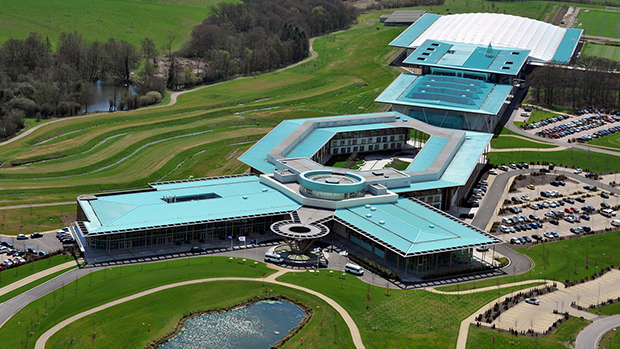
The FA headquarters is based in the center of England – Burton. It houses vast grounds with incredible amount of pitches that resemble bowling greens. The only pitches I have seen on par are the Aspire ones in Qatar and the training pitches at the Manchester United Academy. Besides these pitches, which to be honest are the most important part of any football home, you have state of the art medical facilities (including a hospital theatre for emergency operations) and a technology department with the latest video and computer analysis equipments. Plus, there’s an on-site Hilton 5-star hotel, where everybody who comes to the centre stays at.
The highlight of the hotel to me was the bar! Not for the usual reasons, but the fact that all the ex-England players and heroes (and heroines) were remembered on the walls with fantastic photographs. There is even a statue of Sir Walter Winterbottom, who was the founder of formalized football coaching. Football history is very important; the pioneers in any country should not be forgotten.
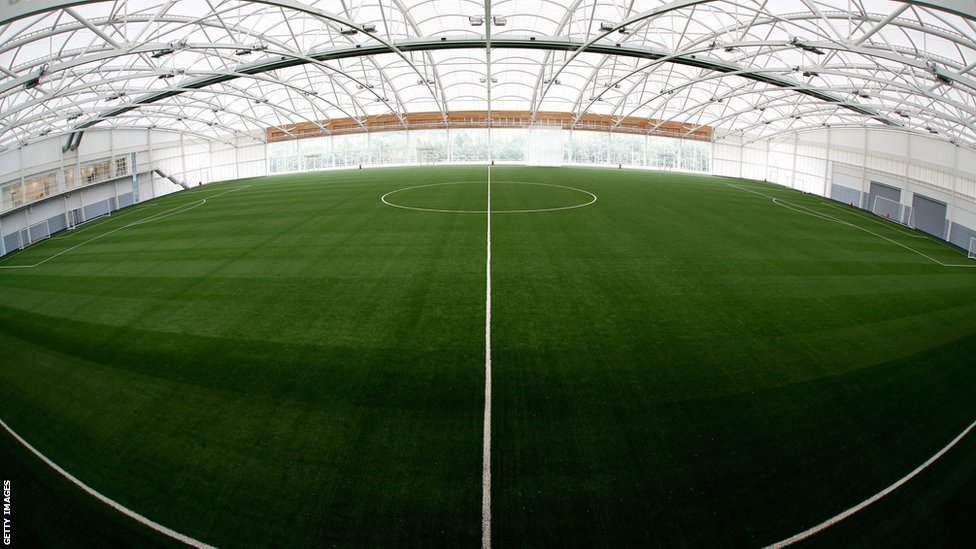
The best way I can describe the place is that it “smells of football”. Everybody I saw working there looked like they wanted to be there. Everyone I spoke to were oozing with enthusiasm for the game. When I say the ‘game’, I don’t just mean the elite aspect of the national team but rather a more holistic version, including women’s football, paralympic football, grassroots development across all areas and of course my particular interest, coaching.
I was superbly hosted by Les Howie, the Head of Grassroots Education and I also met the Head of Elite Education as well as England’s Technical Director, Dan Ashworth. The young coaches I observed were under the supervision of Dick Bate, who used to be a Technical Director in Football Association of Malaysia (FAM). He showed me how the courses have progressed, and how coaching is continuously evolving together with technology.
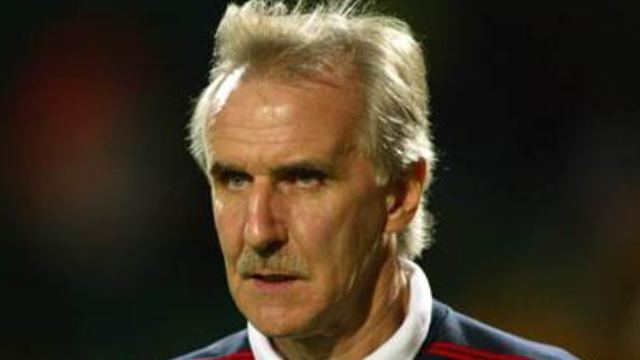
We discussed two key things during a casual chat. How the ‘mentor system’ has helped the process of developing new coaches, as well as the amount of funding that goes into St George’s Park, on a yearly basis. With all the facilities available there, it’s becoming difficult for England to find an excuse for their inability to produce success at the highest level. As we saw in the recent Olympic Games, well-funded sporting institutions, professional administrations and excellent coaching structures are bound to bring success. Looking at St George’s Park, I have no doubts that the future of English football is bright, and we’ll be seeing tangible results soon.
In Malaysia, you’ve got Johor DT, who are obviously on the right path. If some of the Malaysian money that’s being spent on the Premier League, was spent in Malaysia, then other teams would certainly catch up, which would ultimately benefit the national team. This leads to something I’ve always talked about (and heavily criticised for as well!) – gambling is something that will continuously happen and we have to accept it.

Why don’t we legalize it then? Shouldn’t we it legal for people who are legally and ethically allowed to partake? You can channel the profit acqrued from the betting industry into local sports, as well as deprived aspects of society such as orphanages. Why don’t we use the profit to benefit society, as opposed to making illegal bookies richer?
If the Malaysian government had millions of ringgit from legalized betting e.g. The UK National Lottery, think of the different ways it could be spent? Obviously I am biased, but I would love to see a football home similar to St. George’s Park in Malaysia. Also, let’s be honest – football would be a great benefactor but wouldn’t it also be good for Malaysia if these funds are used to help the impoverished community?
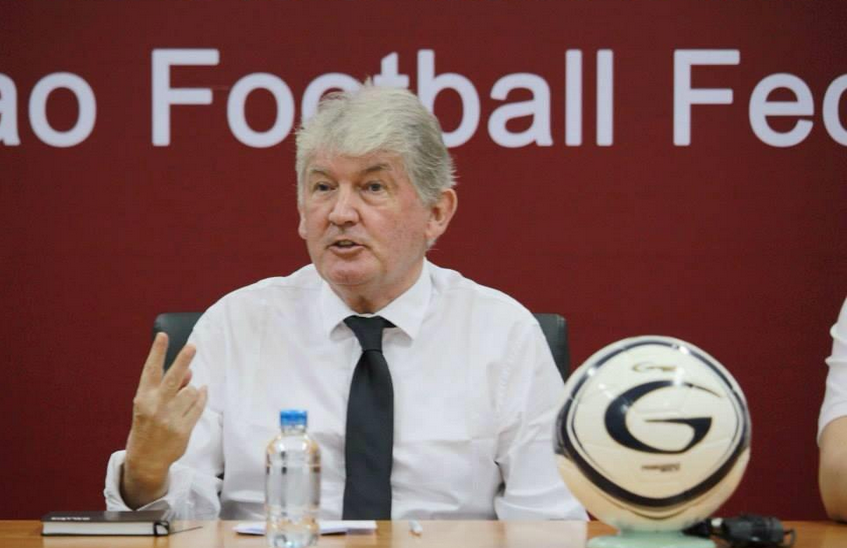
Steve Darby is well-entrenched football coach in Asia, with over 35 years of coaching experience across countries like Malaysia, Singapore, India, Thailand, Australia and even Bahrain.
Other posts by FO Newsdesk

